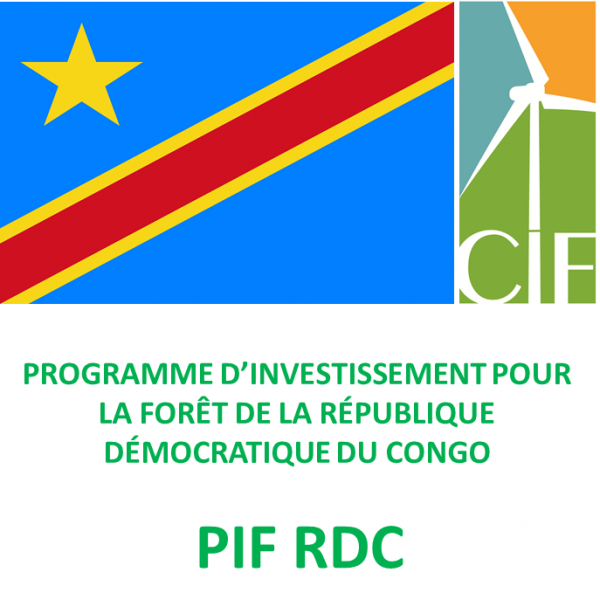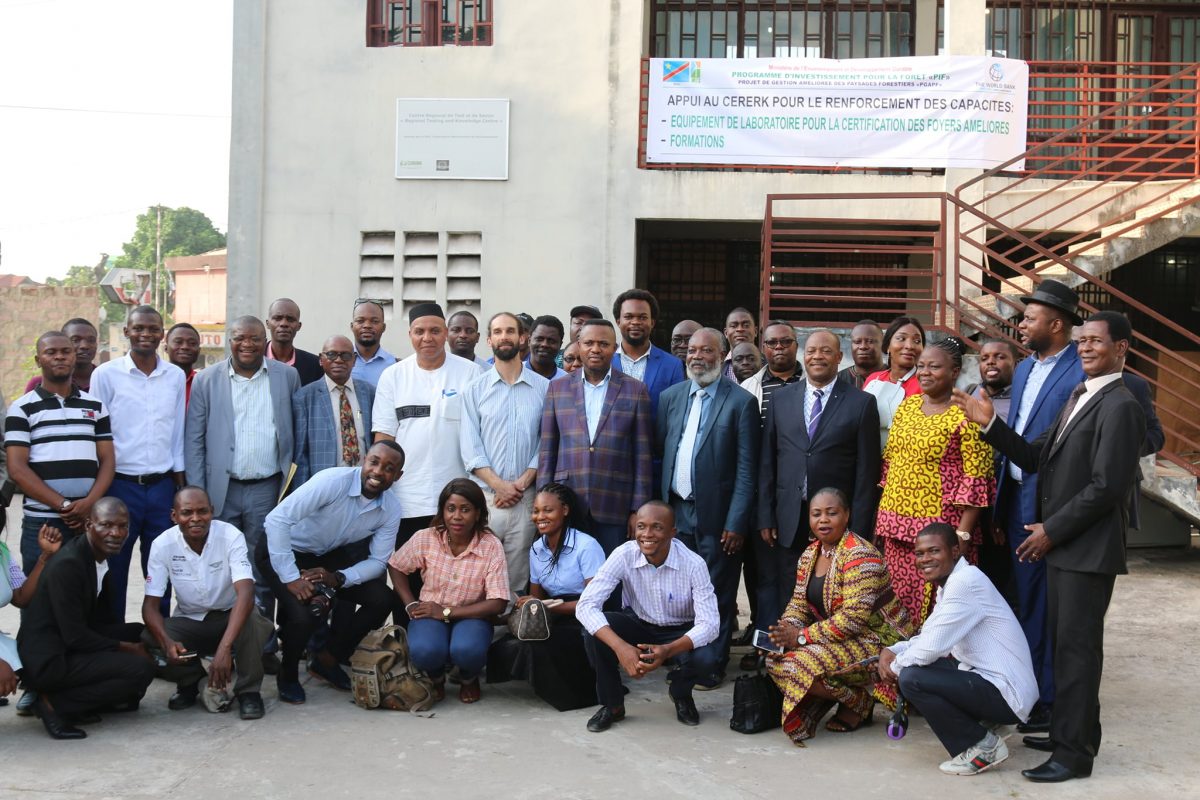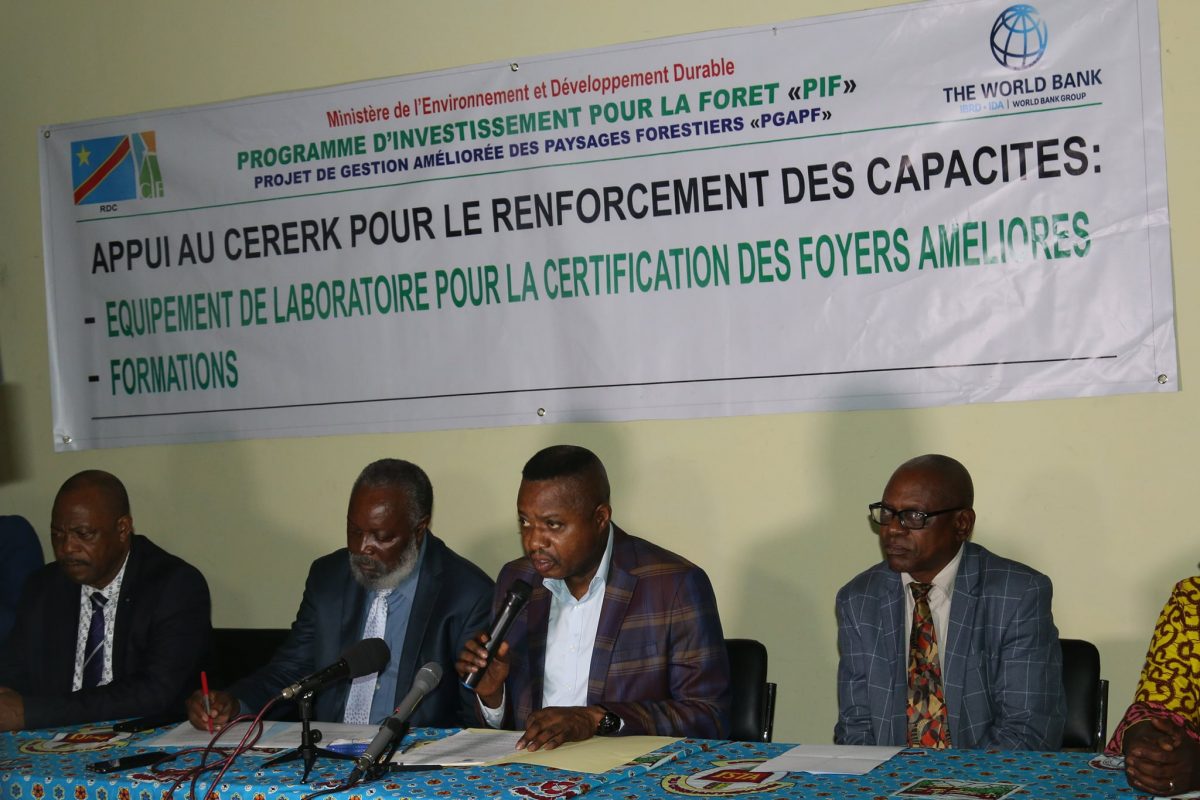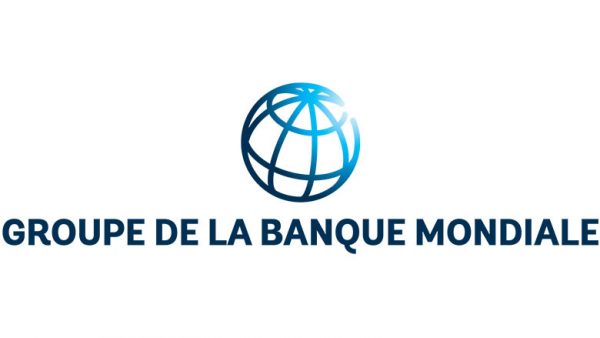Support for Renewable Energies and Energy in the DRC
A diagnostic study in the DRC that aims to improve the percentage of renewable energies and energy resources in the country.


Overview of the project
We live in a consumer society where energy needs are increasing because energy, in general, is necessary for mankind. We need it for heating, lighting, movement, food, and health care. But the energy we use is not eternal and our resources are being rapidly depleted.
This is why we are constantly looking for alternative energies that do not have as much effect on the environment, i.e. renewable energies. The resources on which most societies are predominately based are exhaustible (coal, oil, natural gals, and uranium). The sun, water, wind, wood and other plant products are all natural resources capable of generating energy thanks to technologies developed by mankind. Their relatively low environmental impact makes them energy sources of the future in the face of problems, such as nuclear waste management and greenhouse gas emissions.
A natural phenomenon due to the atmospheric presence of various gases that trap some of the solar heat reflected by the earth, the greenhouse effect is necessary for human survival. However, human activity is releasing increasing quantities of these gases, which reinforces this phenomenon and causes climate change (global warming leading to a rise in sea levels, increases in heat waves in summer, storms, floods, etc.). As CO2 appears to be the principal gas responsible for reinforcing the greenhouse effect, its presence is too high in industrialised countries and is mainly generated by the combustion of fossil fuels (oil, coal, natural gas).
Therefore, the use of renewable energy sources seems to be an adequate solution because it is contrary to the the use of fossil fuels that reinforces the greenhouse effect and therefore global warming. Encouraging the development of these energies means achieving energy independence, which can only be positive for our development.
Raising the low percentage of renewable energies and energy resources in the DRC.
Ongoing research
7/15/2019- 6/19/2023
By 2023, 70% of renewable energies and energy resources in the DRC.
With support of the PIF (Programme for the Investment in the Forest of the RDC).
organisation
- Implement national policies for sustainable environmental management and the preservation of biodiversity and ecosystems, as well as the health of the environment;
- Sustainably manage forests, water resources, wildlife resources and the environment;
- Develop and implement environmental sanitation standards;
- Develop standards relating to the respect of the environment in the mining, quarrying, and hydrocarbon sectors;
- Protect fauna and flora;
- Promote and coordinate all activities relating to the sustainable management of the environment, forest, wildlife and aquatic resources, and nature conservation;
- Determine and manage ecosystems; and
- Develop, popularise, and manage environmental education programs.
in collaboration






